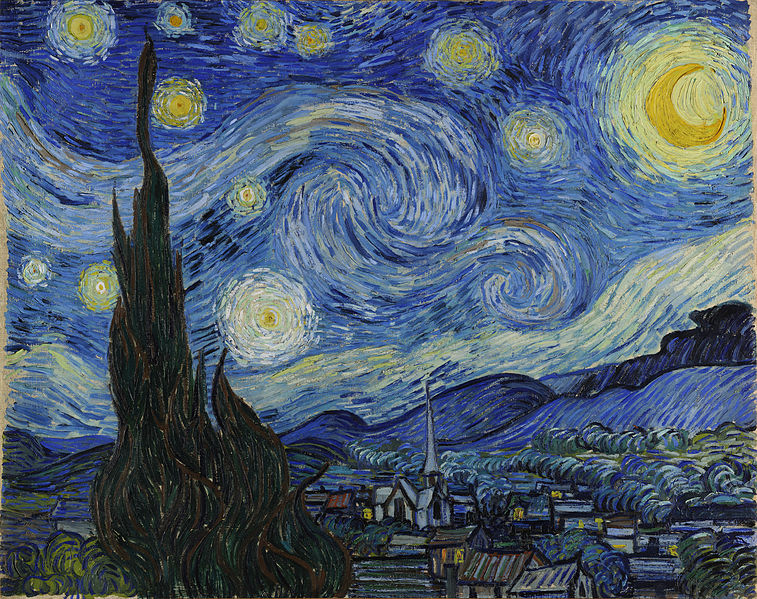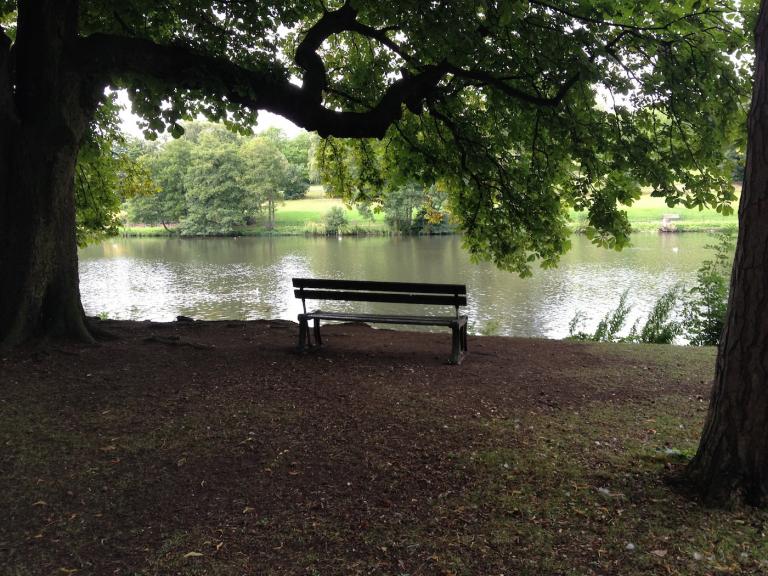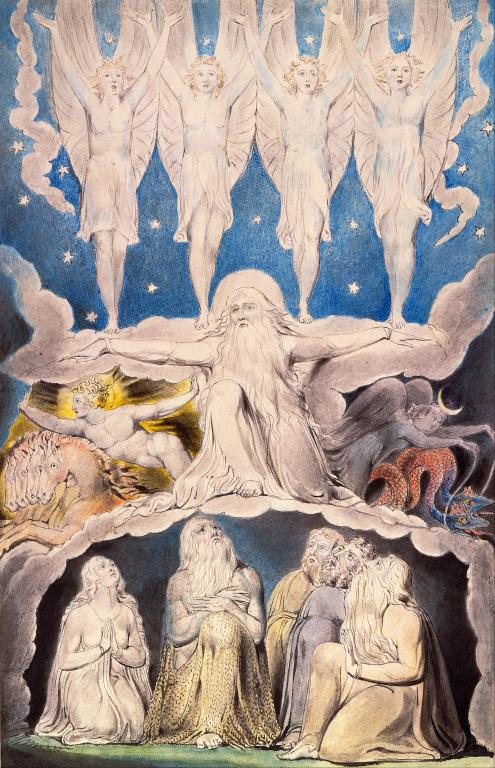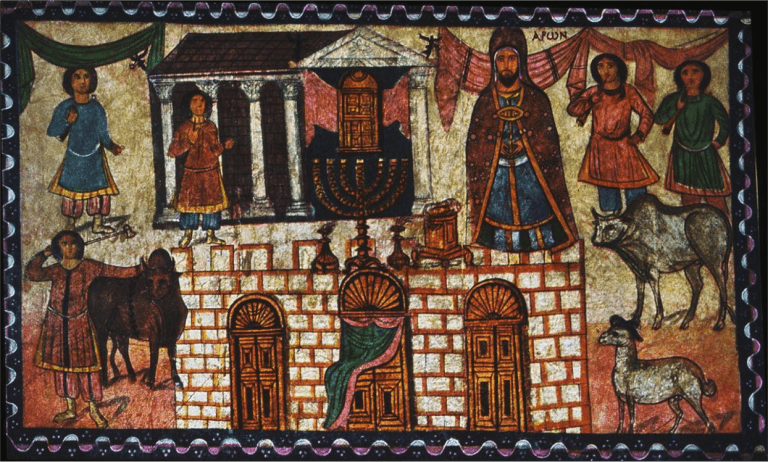Ordinary Time
11 November 2019
The Edge of Elfland
Concord, New Hampshire

Vincent van Gogh (1853–1890)
Title The Starry Night
Date 1889
Source Wikimedia Commons, Public Domain
Dearest Readers,
I’m sorry for the radio silence. It has been a busy semester so far. But I wanted to take some time to write about poetry. Recently, I finished reading Lyrical Ballads, but the 1798 and 1802 editions. For those unfamiliar, Lyrical Ballads was a book of poetry put together by William Wordsworth and Samuel Taylor Coleridge. Coleridge only contributed 4 poems total, even when Wordsworth expanded into two volumes for the 1802 edition. Still, this book, initially unremarkable, was a watershed moment in English Romanticism.
Coleridge described Wordsworth’s intents as “to give the charm of novelty to things of every day, and to excite a feeling analogous to the supernatural, by awakening the mind’s attention from the lethargy of custom, and directing it to the loveliness and the wonders of the world before us; and inexhaustible treasure, but for which in consequence of the film of familiarity and selfish solicitude we have eyes, yet see not, ears that hear not, and hearts that neither feel nor understand.” Wordsworth’s desire for his own poems in this volume was to write in language common to people in his own day, with scenes common to people in his own day, but so described as to say something more, to go beyond, deeper.
One of the poems in both editions, “The Idiot Boy,” tells the story of Johnny Foy, the “idiot” son of Betty Foy, sent on a mission to fetch a doctor for the ailing Susan Gayle. It is an interesting story, where Betty worries about the possible misfortunes that may have befallen her son. The story ends happily, but apparently some of Wordsworth’s readers were not fans. A man named John Wilson wrote to Wordsworth in 1802 to complain about it. Apparently Wilson loved all the other poems, but couldn’t bring himself to like “The Idiot Boy.” The term idiot here appears to refer to all who have any kind of mental, behavioral, and/or physical disorder. Wilson complains that many of these “idiots” are not lovely to look upon and thus should not be the subject of art, either visual or written. Wordsworth disagreed.
Among the many, rather good for the time, arguments Wordsworth makes, he gives a suggestion of what great poets are and do. “But a great Poet,” he writes “ought to do more than this, he ought to a certain degree rectify men’s feelings, to give them new compositions of feeling, to render their feelings more sane pure and permanent, in short, more consonant to nature, that is, to eternal nature, and the great moving spirit of things.” In other words, a poet’s job is to change just how we understand things. He ought to lead the charge in changing our perception of reality. Wordsworth goes on to excoriate Mr. Wilson’s notions of “idiots” but his words continue to have lasting impact.
We must demand of our poets, of ourselves, that we look forward as well as at the world as it is. We must have eyes to see, ears to hear, hearts that both feel and understand. In his preface to the second edition, Wordsworth says that any revolutions created by science, would require the poet’s work. “If the time should ever come,” he writes, “when what is now called Science, thus familiarized to men, shall be ready to put on, as it were, a form of flesh and blood, the Poet will lend his divine spirit to aid the transfiguration, and will welcome the Being thus produced, as a dear and genuine inmate of the household of man.” For Wordsworth, poetic knowledge is the deeper, truer knowledge. It precedes scientific knowledge and accompanies it. Poetry gives shape to the unknown world around us. As Shakespeare says, though Theseus means these words depreciatively,
The poet’s eye, in fine frenzy rolling,
Doth glance from heaven to earth, from earth to heaven;
And as imagination bodies forth
The forms of things unknown, the poet’s pen
Turns them to shapes and gives to airy nothing
A local habitation and a name.
Poetry and the poet, and really all artists, do not simply respond to the world around them, but help give that world shape. And we have need of such art today, as we always have.
Sincerely,
David Russell Mosley









